To study abroad is more than just taking classes in a new country. It’s a life-changing opportunity to explore cultures, gain independence, and broaden your career horizons.
But between student visas, culture shock, and housing, where do you even start?
Whether you’re planning to study in Europe, Asia, the U.S., or elsewhere, this guide breaks down exactly what you need to know before boarding that plane. Let’s make sure your international education journey starts on the right foot.
Why Study Abroad?
If you’ve ever thought, “Will studying abroad help my career?” or “Is it worth the cost?” the short answer is yes.
Students who study abroad often gain:
📌 Read More
- Cross-cultural communication skills
- Greater adaptability and independence
- Language fluency
- Stronger resumes and better job prospects
- Life-long friendships and global networks
Plus, it’s simply unforgettable. You’ll come back with stories, confidence, and experiences that most students only dream of.
What to Do Before You Go
1. Choose the Right Program
Not all study abroad experiences are created equal. Decide:
- Do you want a language immersion program?
- Are you looking for university credits or internship experience?
- How long do you want to stay, summer, semester, or full year?
Pro tip: Look for programs that are approved by your home university to ensure credit transfers smoothly.
2. Sort Out Your Paperwork Early
This is not the time to procrastinate.
- Apply for your passport (if you don’t already have one). It should be valid for at least 6 months past your return date.
- Research student visa requirements for your destination country.
- Gather essential documents like acceptance letters, proof of funding, and ID photos.
Getting this right can save you from visa delays and last-minute panic.
📰 Similar Posts
3. Sort Out Finances and Scholarships
Studying abroad isn’t free but it can be affordable.
- Check with your school about using your financial aid abroad.
- Apply for study abroad scholarships early (some of the best ones fill up fast).
- Learn how to budget for daily life overseas—meals, transport, entertainment, etc.
And don’t forget to open an international-friendly bank account or debit card to avoid those nasty foreign transaction fees.
4. Get Travel Insurance and Health Coverage
Medical bills abroad can be expensive. Many programs require proof of:
- International travel insurance
- Emergency medical evacuation coverage
- COVID-related medical care and testing
Better safe than stuck paying a €500 clinic bill out of pocket.
Settling In: Culture Shock Is Real
No matter how prepared you are, adjusting to a new culture can be challenging.
Expect things like:
- Different classroom etiquette or teaching styles
- Language barriers
- Homesickness
- Local customs you’re unfamiliar with
Tip: Join student clubs or local events early. They’re the fastest way to make friends and feel connected.
What to Pack (and What to Leave Behind)
You don’t need three suitcases. What you do need:
- Essential electronics + universal adapters
- Prescription meds and medical documents
- Copies of important paperwork (stored digitally too)
- Weather-appropriate clothing (not just tourist outfits!)
Leave behind anything you can buy locally. Save space for souvenirs and yes, you’ll want them.
Mistakes to Avoid
- Booking flights before visa approval
- Ignoring health insurance requirements
- Not researching local laws (some countries are very strict)
- Not telling your bank about your travel (hello, frozen card)
- Forgetting to register with your embassy (for safety alerts)
Ready to Launch Your Global Journey?
Studying abroad can be the most exciting chapter of your academic life but only if you prepare smartly. With the right guidance, your overseas experience can go from stressful and scattered to smooth and successful.
Want help planning your study abroad journey?
Contact us for further enquiries, we’ll help you with program selection, visa assistance, financial planning, and cultural readiness. Let’s fast-track your future abroad, starting today.
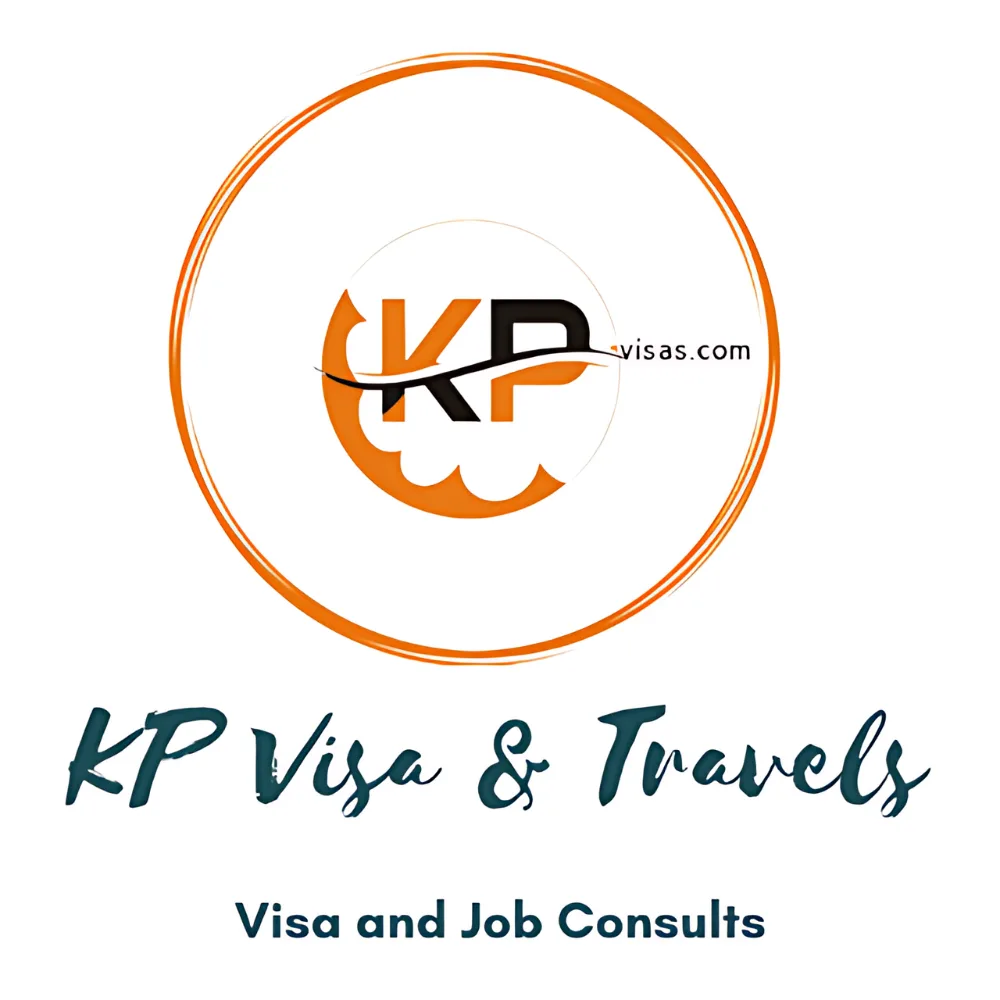



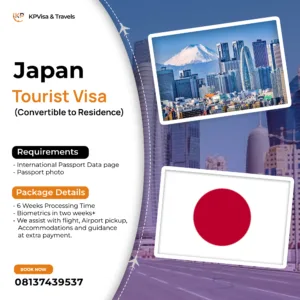


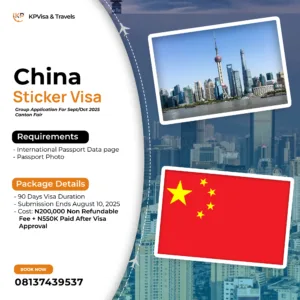
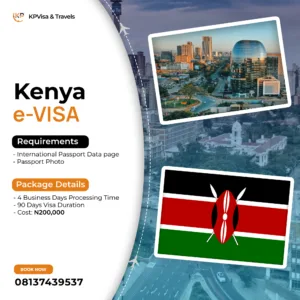
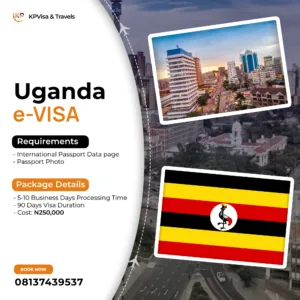
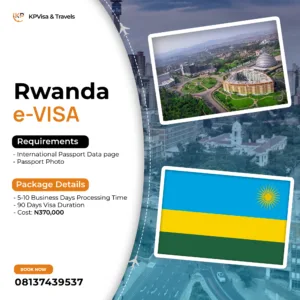
























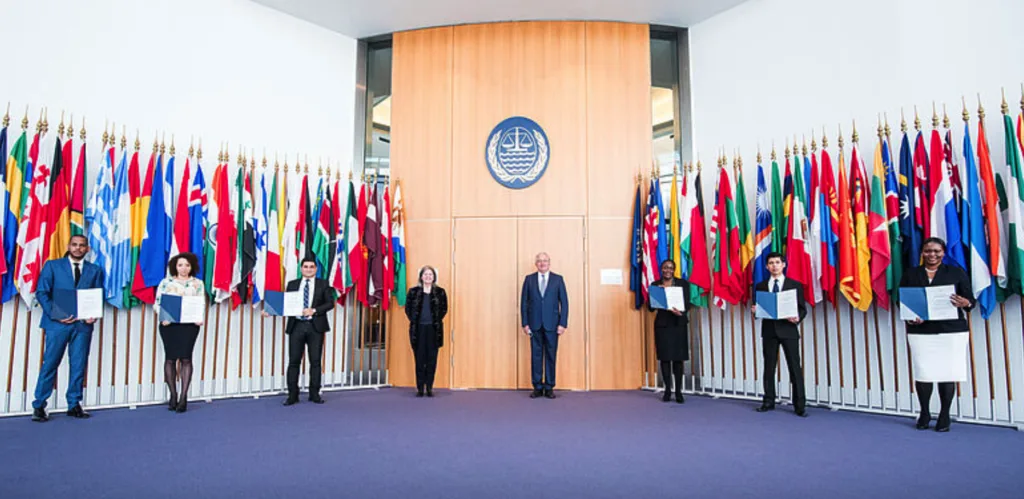

No responses yet